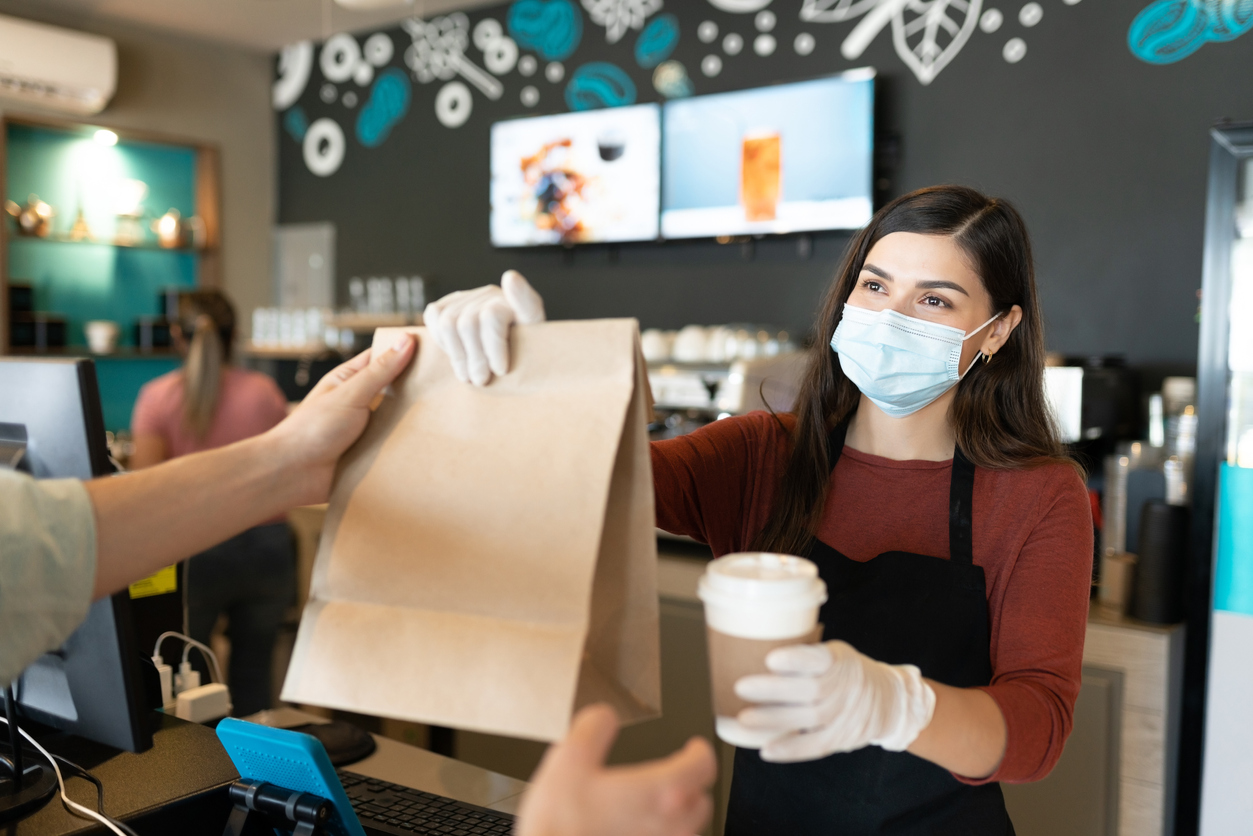In the wake of the coronavirus pandemic of 2020/2021, one of the hardest-hit business sectors was that of the restaurant industry. Stay-at-home orders and quarantine mandates led to the closure of hundreds of thousands of restaurants and foodservice operations across the country. In Utah, restaurant owners struggled to find solutions. While restaurant insurance is a valuable risk management tool, COVID-19 necessitated quick adaptation to restore business operations. Here is a look at how Utah restaurants are adapting as we enter the second year of the pandemic.
An Outsized Impact in the Restaurant Industry
Economic hardships have been a hallmark of the COVID-19 pandemic. The restaurant industry has seen dramatic drops in sales, with hardships continuing even as restrictions are beginning to be lifted in the United States. According to the National Restaurant Association in a letter to Congressional leaders in December 2020:
- 87% of full-service restaurants reported an average loss of 36% in sales in 2020;
- Over 100,000 restaurants closed permanently or over the long-term because of the pandemic;
- The food service industry has estimated sales losses exceeding $130 billion; and
- Over 2.1 million food service jobs were lost.
The state of Utah experienced its share of these job losses and lost revenues. For many restaurant owners, the coverage of Utah restaurant insurance has been an essential component of business protection.
Quick Shifts to Save Restaurant Operations
Despite the severe economic hardships imposed by the pandemic, smart restaurant owners have been able to make adaptations to their operations. Some of these involved shifting to curbside, takeout, and/or delivery services, which have proven extremely popular among restaurant patrons. Industry analysts suggest that these enhanced delivery-forward services will continue long after the pandemic has loosened its grip on the economy. Consumers continue to express concerns about being in close proximity with strangers, helping to spur continued refinement of low-touch takeout and curbside dining options.
For the restaurants that were able to remain open, adjustments in seating and dining room capacities were made. This helped to minimize contact between customers while adhering to state- and federally mandated social distancing guidelines. Innovations like virtual waitlists and expansions of online reservation systems also work to keep customers safe.
Contactless ordering, delivery, and payment systems have also seen widespread adoption in the pandemic. These systems have proven their worth and are expected to be used post-pandemic to improve service efficiency. An added benefit of contactless systems is that they save labor costs for restaurant owners. Finally, it has been shown that many restaurants adopting contactless systems have seen increases in visits and orders, which have helped to speed economic recovery to many food-service operations.
The role of technology in restaurant operation recovery cannot be overstated. Restaurant owners can use data to inform risk management strategies, supporting the protection of Utah restaurant insurance. This data can also be used to streamline operations across the board, improving service delivery while saving on overhead expenses.
System interoperability is key to ensuring a stable future, and restaurants must be sure to adopt technologies that can be integrated across platforms. In many cases, third-party technologies, such as contactless payment or reservation systems, do not offer the integration needed to succeed post-pandemic. To overcome potential challenges in adopting technology for the restaurant operation, operators must work closely with vendors to find solutions that allow for:
- Guest data management
- Point of sale processing
- Inventory management
- Reservations and waitlisting options
- Ordering/delivery services
- Guest experience surveying
Most importantly, restaurant owners must be able to ensure ownership of and access to all data collected by these systems. Data drives business growth across sectors, and the pandemic has shown the value in analyzing data to discover new business opportunities. With technology, flexibility, and the protection of Utah restaurant insurance, the state’s restaurant sector will forge a path forward, erasing the economic hardships they faced in the COVID-19 pandemic.
About BTC Insurance Services
Founded in 2011, BTC Insurance Services has proudly served Utah businesses with comprehensive and custom-tailored insurance coverages for a decade. We pride ourselves on fostering long-term client relationships with a personalized and hands-on approach, and have established a reputation built on quality and transparency. For more information about our products and services, we invite you to contact one of our reputable agents today at (855) 944-3457, or send us a message here.



